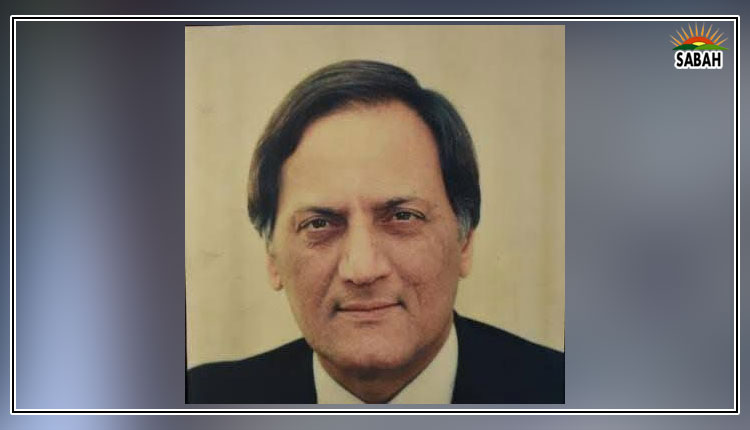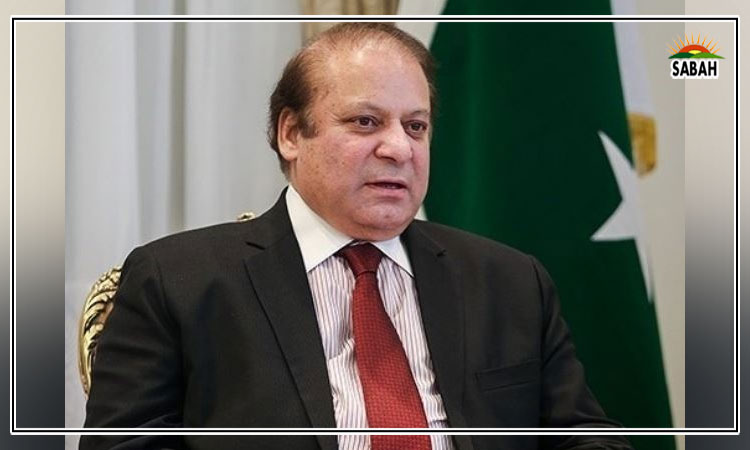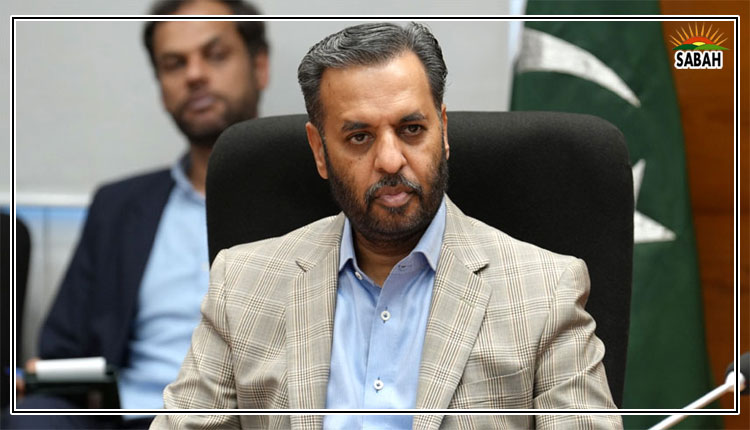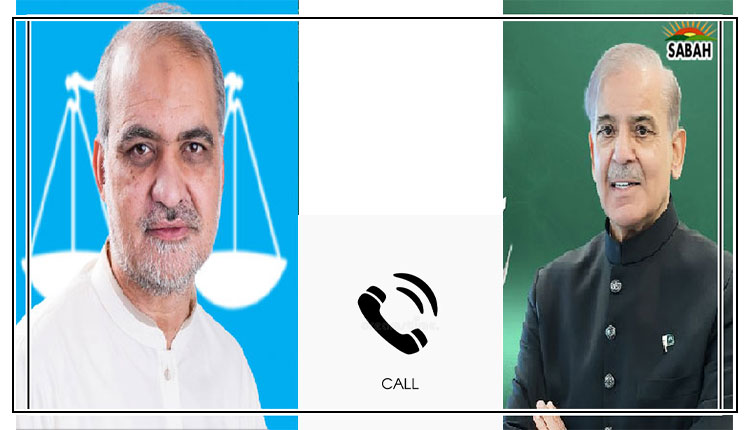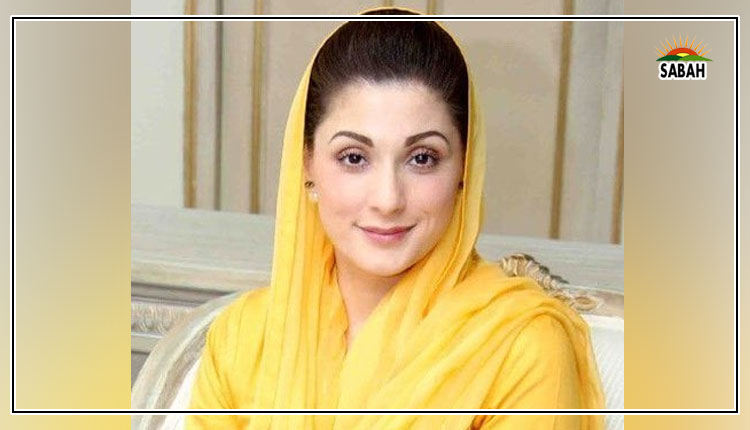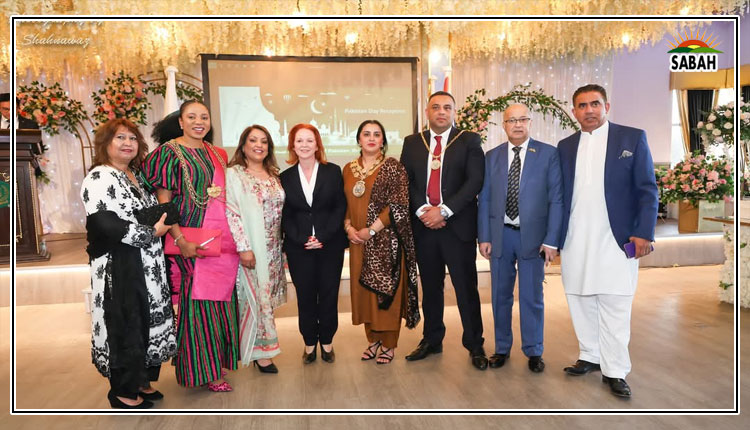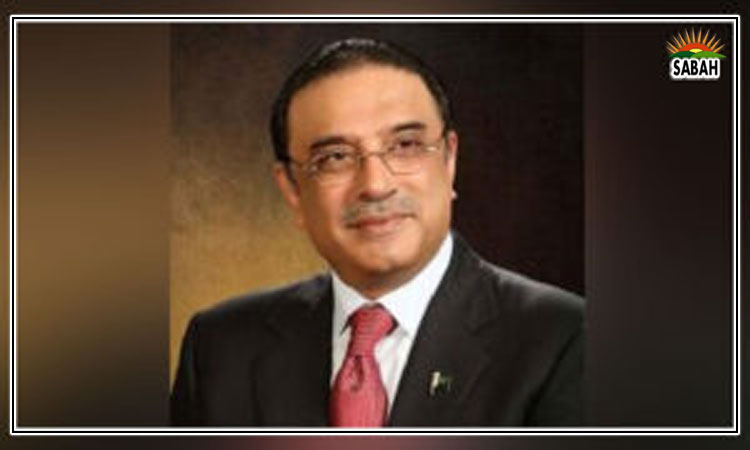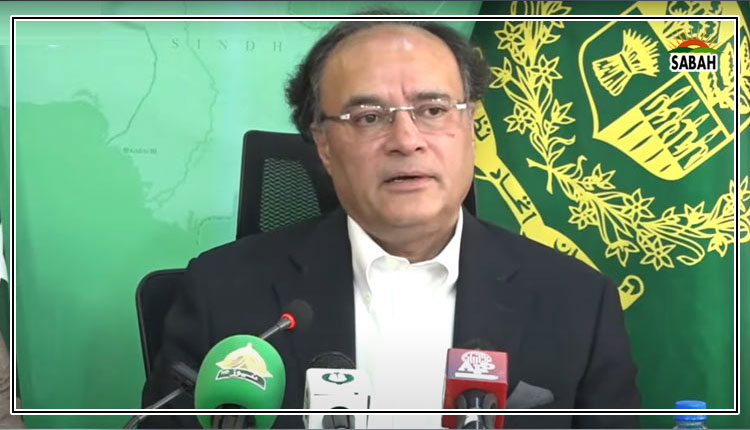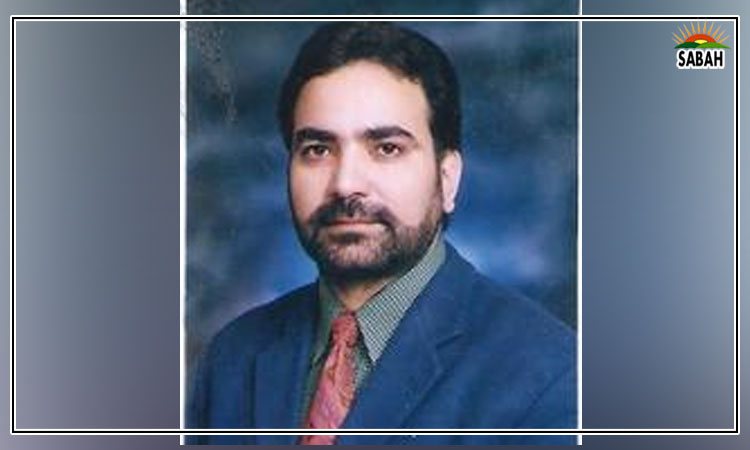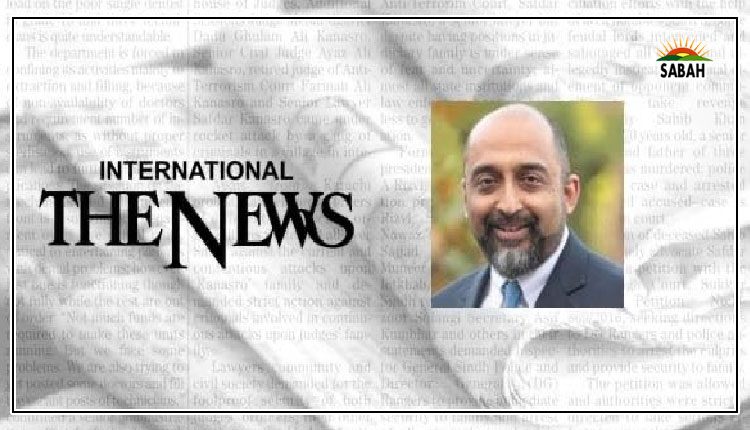Economic dystopia incentivized ….. Mosharraf Zaidi
Can you guess what country has the worlds worst financial inclusion statistics? It is Pakistan. With 115 million unbanked adults (adults with neither a bank account, nor a mobile money wallet), Pakistan has the third highest absolute number of unbanked adults in the world after India and China, respectively.
As a proportion of its population, Pakistans unbanked population performance is worse than Indonesia, Bangladesh, Egypt and Nigeria. These seven countries alone account for over half of all the unbanked human beings on the planet. Pakistan alone accounts for eight per cent of the global unbanked population. Unlike most other countries on this list however, Pakistan is the one that has the most profound fiscal and current account crisis. No country puts more of a burden of suffering on its poor in this list than Pakistan, especially its women. Mobile wallets and digital banking are the fastest way for a country to generate mass scale financial inclusion. In addition to having the worlds worst financial inclusion, Pakistan also has the worst gender gap in mobile phone ownership in South Asia. Pakistani women are less likely to own a mobile phone than women in Afghanistan, Nepal, Bangladesh or India.
What does this unique exclusion from banking and from digitalization mean for Pakistan? It means that the economic and social ecosystem allows for this disconnection and lack of connectivity. Most crucially, the less people with bank accounts and the less people with mobile phones the less documentation of the economy, the less revenue and the less likelihood that Pakistans unsustainable fiscal gaps will ever be bridged.
Usual suspects cannot be expected to deliver anything but business as usual. It is now manifestly clear that none of the usual suspects institutions or individuals has much of a response to the countrys complex, multi-layered and existential polycrisis. The reason the military, the judiciary, the bureaucracy, the religious elites, and the political class are so clueless is because subject to business as usual there is no actual path out of this cul de sac. A broad, deep, and meticulous process of institutional and cultural renewal is the way forward, but there are no firms, organizations, groups, or institutions that have the capability for such renewal.
The most urgent emergencies of nine months ago are now increasingly moot. Throughout the summer and autumn of 2022, the most important issue was to avoid default. Today it is clear that avoiding default is shorthand for something much more insidious: the sustenance of the status quo for this economic system. While it is heartening to note the very large increase in the coverage of economic issues, and the much deeper interest with which readers, ordinary citizens, the intelligentsia, and the public discourse at large engage with economic and financial policy it is worrying to note how policy continues to be conceived in Islamabad.
As the government negotiations with the IMF continue, we learnt that the IMF mission had to steadfastly refuse a proposal by the Finance Division for a one-time levy on all bank deposits. This is not new territory for the all-star team of dinosaurs the PML-N has inserted in the Finance Division. On numerous past occasions, Finance Minister Ishaq Dar has sought to plug the fiscal gap by penalizing salaried individuals and those Pakistanis that must helplessly continue to be part of the formal, documented Pakistani economic system.
It bears repetition exactly what the Finance Division had proposed, and where. In a country where the quantum of financial exclusion is between 70 per cent (according to the Karandaaz financial inclusion survey) and 79 per cent (according to the World Banks Findex database), the cardinal finance and economics policy making body in the country proposed a levy on all bank deposits. Why? To help meet short-term revenue targets. Seriously. This mockery of reason and flaying of the national interest merits further deconstructing and disaggregation.
Due to the complex nature of global norms and how they shape the local economy, and due to the profoundly ideological nature of economics, a lot of issues within the broad economic system tend to be emotive and sensitive. One easy and almost always current issue of such a nature is the question of interest or riba. Another is the correct role of the public or government sector. Yet another is the degree to which profitability is a social value that should be shunned or embraced. Is it possible to discuss or debate economic issues absent of ideological clarity or commitment? Probably not. But some ideological commitments can be a lot more universal than others.
Fairness or progressiveness is an easy, very low hanging fruit in economic policy. The idea that a system should be fair, and one in which the most able do more than the least able is almost universally acceptable. On this metric, the idea that fiscal gaps or revenue targets should be met through penalising bank account holders whilst continuing to allow millions of businesses and people to remain undocumented, or semi documented, where they can maintain substantial aspects of their work outside the formal banking system is patently unfair. It is the very definition of regressive policy.
But regressive policy isnt just a philosophical or ideological yellow card. It has real life consequences for Pakistanis, for the wider Pakistani economy, and for Pakistans future. The fact that the levy on banking deposits was shot down does not merit celebration or even sighs of relief. The fact that this was a serious proposal in Pakistan in 2023 merits wholesale introspection. In a serious country with serious elites, people would be removed from their jobs, organizations would be dismantled, people would have to answer for their incompetence and lack of progressivism. In a serious country with a serious elite, the system would fight back and show signs of life.
Such calls to action assume that there is even a marginal consensus about what ails Pakistans economic system. In 2012, Ali Kemal of the Pakistan Institute for Development Economics estimated the informal economy to be at least as large as the formal economy. He continued his superb work and published another important paper on the underground economy in 2017, where he concluded that as of 2014 roughly 40 per cent of the value of the GDP was engaged in the underground economy.
The bottom line from these numbers is that potentially several hundred billion dollars in value lies undocumented and unaccounted for. For example, 40 per cent of the GDP is roughly $140 billion. If even 10 per cent of this money was deposited in banks in US dollar denominated instruments, Pakistans reserves situation would not be precariously at the edge of a sovereign default.
Of course, these calculations today seem to be of limited value in sustaining economic stability in Pakistan because from the individual to the firm, to the institution no one wants to voluntarily be documented. Becoming part of the formal system brings risks like dollar accounts being frozen (another Ishaq Dar special), and like the levy penalty that the geniuses at the Finance Division tried to dupe the IMF mission into two weeks ago.
However, what the massive quantum of informal and underground economic activity suggests is that the current economic crisis in Pakistan is a crisis not of actual money, or even of US dollars. It is a crisis of confidence in the system. And why this crisis of confidence? Well, just think about what a levy on bank account holders says to those Pakistanis that make the mistake of engaging formally with the system. It says, youre a sucker, and we will suck the last bit of optimism and hope and rupees from you.
Total financial inclusion in Pakistan was 10 per cent in 2011. It grew to 13 per cent in 2014, 21 percent in 2017, and remained stagnant at 21 per cent in 2021. In the decade of global digitalization, with the FATF breathing down Pakistans neck and places like China and India investing in wholesale transformations to cashless transactions, Pakistan could manage only a 10 per cent improvement in financial inclusion.
The punchline? A significant portion of this improvement may be down to the requirement for BISP payments to be made to female citizen bank accounts. Even in the fight for formalization of the economy, it is poor and vulnerable women that carry the burden. With rich old men continuing to hide underneath whatever rocks they can crawl under.
The writer is an analyst and commentator.
Courtesy The News



